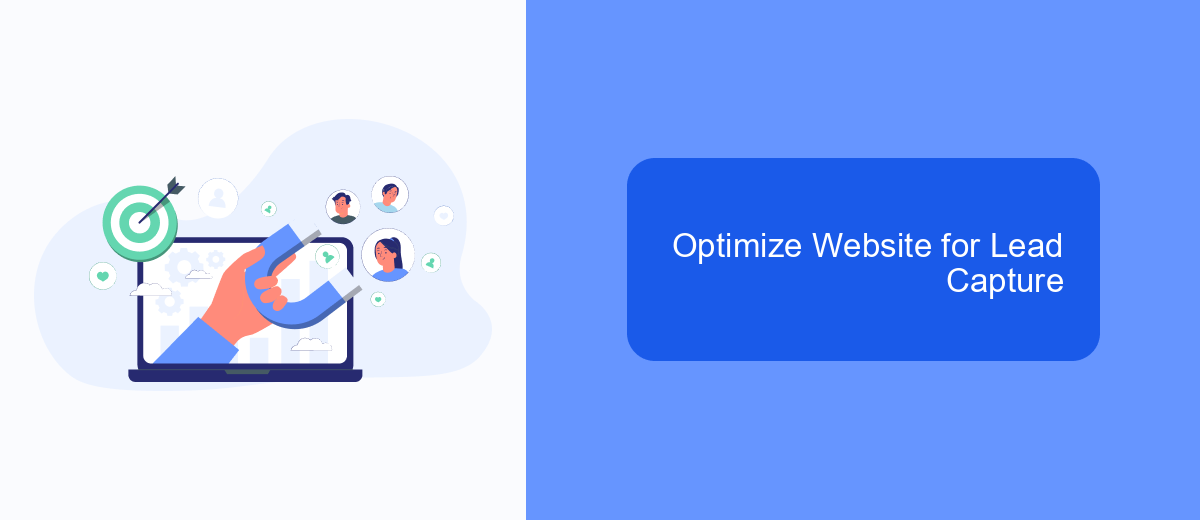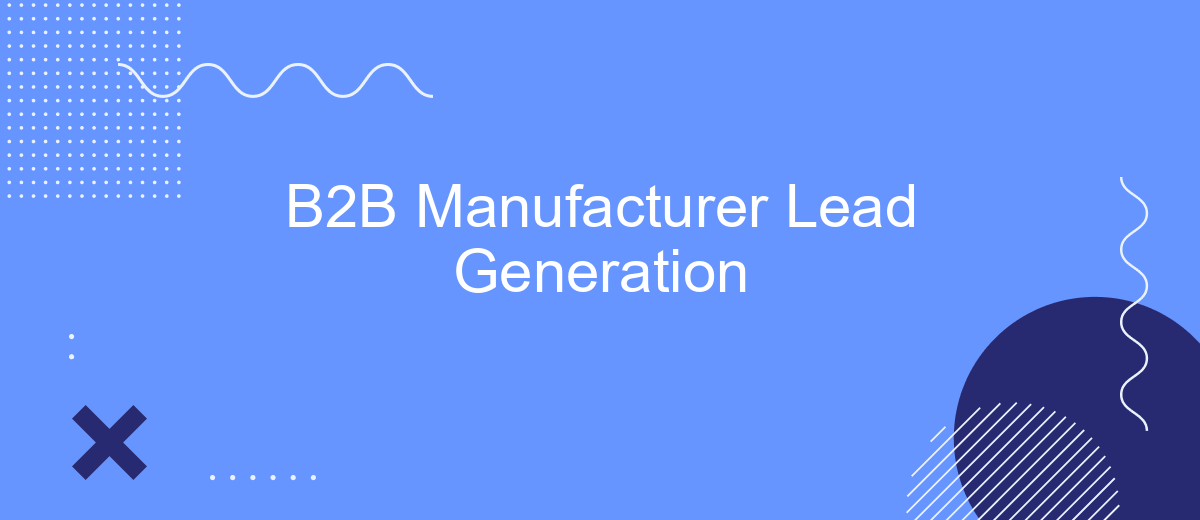In the competitive landscape of B2B manufacturing, generating high-quality leads is crucial for sustained growth and success. Effective lead generation strategies not only help in identifying potential clients but also in nurturing them through the sales funnel. This article explores proven techniques and best practices that can enhance your lead generation efforts, driving more qualified prospects to your business.
B2B Manufacturer Lead Generation
Generating leads in the B2B manufacturing sector requires a strategic approach, as the target audience consists of businesses with specific needs and long decision-making cycles. Effective lead generation involves understanding the unique challenges and requirements of these businesses and tailoring your marketing efforts accordingly.
- Identify and target key decision-makers within organizations.
- Utilize content marketing to demonstrate industry expertise.
- Leverage social media platforms like LinkedIn for networking.
- Implement email marketing campaigns to nurture leads.
- Use automation tools like SaveMyLeads to streamline lead generation processes.
By focusing on these strategies, B2B manufacturers can attract and convert high-quality leads. Tools like SaveMyLeads can further enhance efficiency by automating data collection and integration processes, ensuring that no potential lead is overlooked. This comprehensive approach not only saves time but also increases the likelihood of successful lead conversion.
Define Target Audience

Identifying your target audience is a crucial step in B2B manufacturer lead generation. Start by analyzing your current customer base to understand who is already buying your products. Look for common characteristics such as industry, company size, job titles, and geographic location. Use this data to create detailed buyer personas, which will help you tailor your marketing strategies to attract similar prospects. Additionally, consider the specific pain points and challenges your products can address, as this will further refine your audience.
Once you have a clear picture of your target audience, leverage tools and services to streamline your lead generation efforts. For instance, SaveMyLeads can automate the process of capturing and organizing leads from various sources, ensuring that you don’t miss out on potential clients. By integrating SaveMyLeads with your CRM and marketing platforms, you can efficiently manage and nurture your leads, ultimately driving more qualified prospects through your sales funnel.
Create Valuable Content

Creating valuable content is essential for engaging potential B2B clients and generating quality leads. By providing insightful and relevant information, you can establish your brand as an industry authority and attract the right audience.
- Identify Your Audience: Understand the specific needs and pain points of your target audience to tailor your content effectively.
- Produce High-Quality Content: Focus on creating informative articles, whitepapers, and case studies that provide real value and solutions.
- Utilize SEO Best Practices: Optimize your content with relevant keywords to improve visibility on search engines and attract organic traffic.
- Leverage Multiple Channels: Share your content across various platforms, including social media, email newsletters, and your website, to maximize reach.
- Integrate Lead Generation Tools: Use services like SaveMyLeads to automate and streamline the process of capturing and nurturing leads generated from your content.
By focusing on these strategies, you can create content that not only attracts attention but also converts visitors into qualified leads. Remember, the goal is to provide value that resonates with your audience, fostering trust and long-term business relationships.
Optimize Website for Lead Capture

Optimizing your website for lead capture is crucial for any B2B manufacturer looking to grow their customer base. Start by ensuring your site is user-friendly and mobile-responsive, as a seamless user experience can significantly improve conversion rates. Make sure to have clear and compelling calls-to-action (CTAs) strategically placed throughout your site.
Incorporate lead capture forms on high-traffic pages, such as your homepage, product pages, and blog posts. These forms should be simple and quick to fill out, asking only for essential information to reduce friction and increase submission rates. Consider offering valuable content like whitepapers, case studies, or webinars in exchange for contact details.
- Use A/B testing to determine the most effective form designs and CTAs.
- Integrate your website with CRM systems to streamline lead management.
- Employ tools like SaveMyLeads to automate the process of capturing and transferring leads to your CRM.
Finally, regularly analyze your website's performance using analytics tools to identify areas for improvement. By continuously refining your lead capture strategies, you can enhance your website's effectiveness and boost your lead generation efforts.
Nurture Leads with Email Marketing
Email marketing is a powerful tool for nurturing B2B leads, allowing you to maintain consistent communication and build relationships over time. By segmenting your email list based on factors such as industry, company size, or stage in the sales funnel, you can deliver highly targeted content that addresses the specific needs and pain points of your prospects. Regularly sharing valuable information, such as industry insights, case studies, and product updates, helps to establish your authority and keeps your brand top of mind.
To streamline your email marketing efforts, consider integrating your lead generation and email marketing platforms. Services like SaveMyLeads can automate this process, ensuring that new leads are automatically added to your email list and receive timely, relevant communications. This not only saves time but also ensures a seamless experience for your prospects, enhancing their journey from lead to customer. By leveraging automation and targeted content, you can effectively nurture your B2B leads and drive long-term business growth.
FAQ
What is B2B Manufacturer Lead Generation?
Why is lead generation important for B2B manufacturers?
What are some effective lead generation strategies for B2B manufacturers?
How can automation tools help in B2B lead generation?
What metrics should be tracked to measure the success of lead generation efforts?
If you use Facebook Lead Ads, then you should know what it means to regularly download CSV files and transfer data to various support services. How many times a day do you check for new leads in your ad account? How often do you transfer data to a CRM system, task manager, email service or Google Sheets? Try using the SaveMyLeads online connector. This is a no-code tool with which anyone can set up integrations for Facebook. Spend just a few minutes and you will receive real-time notifications in the messenger about new leads. Another 5-10 minutes of work in SML, and the data from the FB advertising account will be automatically transferred to the CRM system or Email service. The SaveMyLeads system will do the routine work for you, and you will surely like it.
